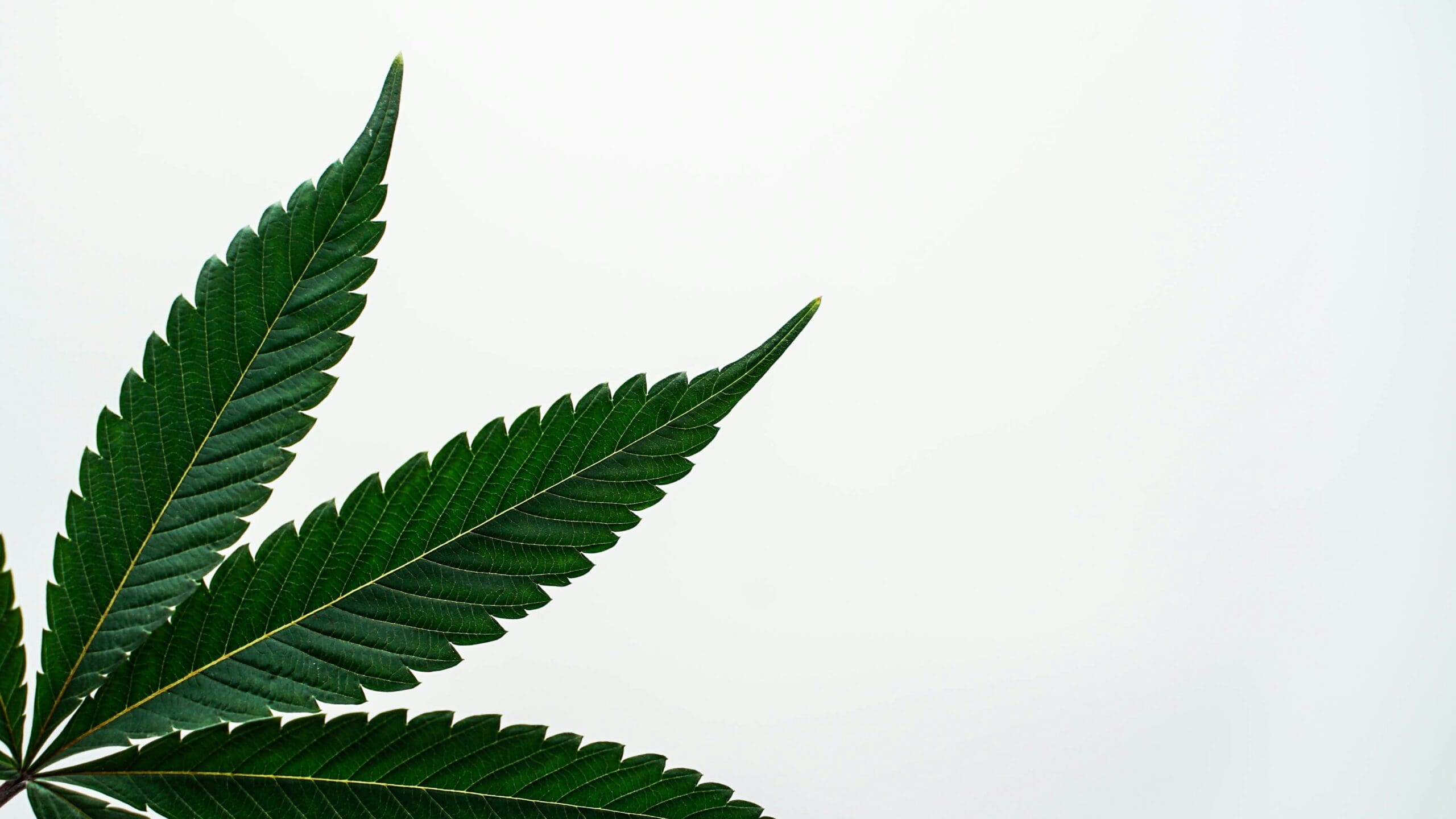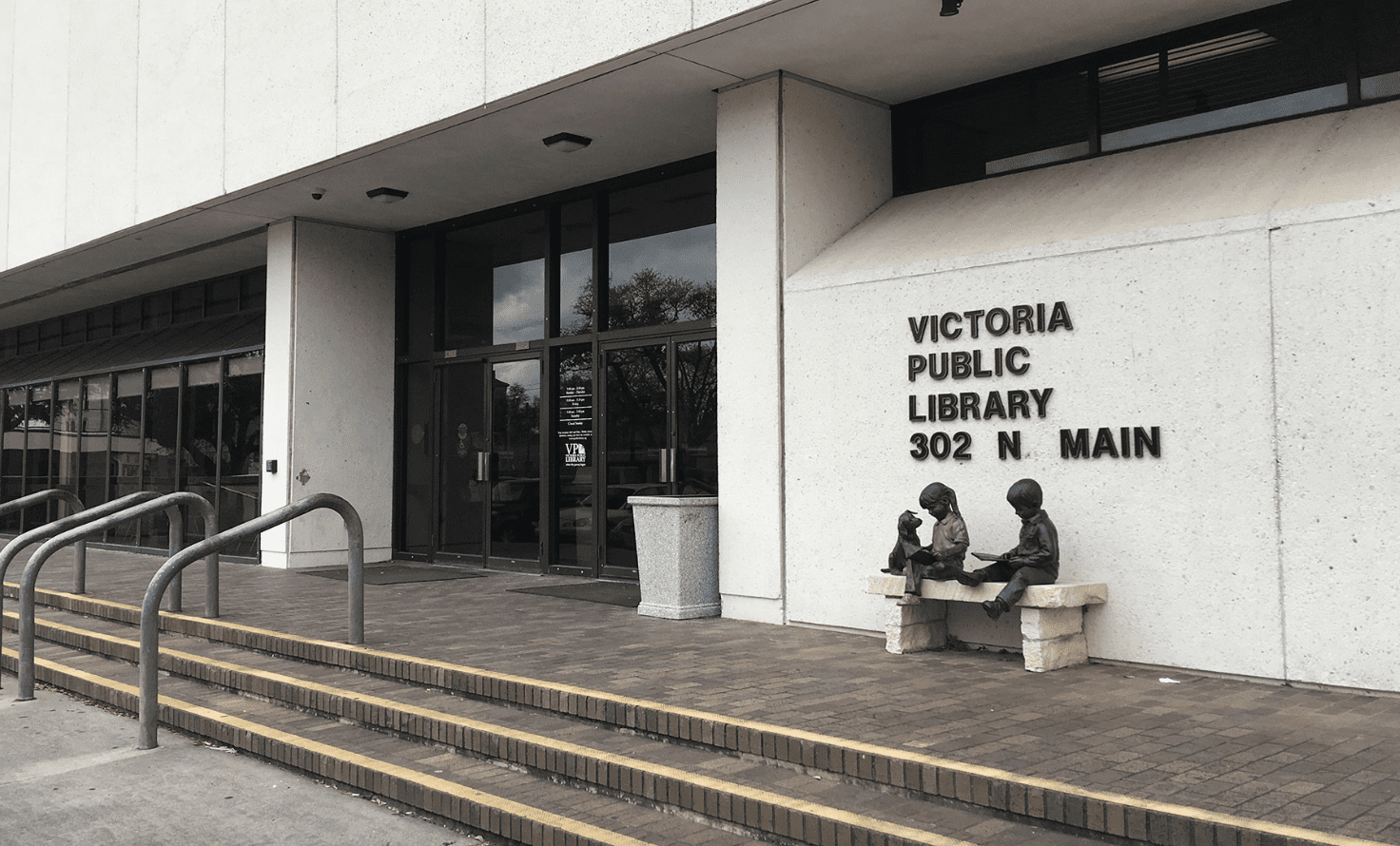Lubbock is currently the epicenter of efforts to turn Texas blue. As the largest conservative city in West Texas, a win there is targeted as key to flipping the State. But the good people of Lubbock are learning discernment and seeing past the agendas trying to abolish their long-held values.
They have also learned how to come together to preserve their community, as five ladies with their own money organized Project Destiny in 2020 to fight for the sanctity of life against powerfully-funded outside abortion interests. Tens of thousands of residents and people of faith worked together in the long fight, even packing the City Council chambers during a record public hearing that went long into the night. They resoundingly succeeded in making Lubbock a Sanctuary City for the Unborn.
They have come together once more for the upcoming election on May 4 as their community is again at risk.
There are two key decisions for Lubbock voters: electing a mayor who will support Lubbock values and fighting against heavily funded interests introducing the decriminalization of pot. The intervening years have been eye-opening.
The mayoral candidates include a Lubbock councilman who has stood with pro-abortion advocates and the mayor against the citizens in the Sanctuary for the Unborn fight. This same candidate worked with the mayor and Texas Municipal League lobby to increase the size and authority of the government and grow the city’s debt, which was cited in 2020 by the Texas Comptroller as one of the highest of any city in Texas. Now in 2023, with city administrators vastly spending beyond inflation or population growth, Lubbock has the fifth highest debt among Texas cities, at $6,382 per capita, according to the Texas Public Policy Foundation, and city leaders are looking to increase already skyrocketing property taxes again. This candidate also pushed for imposing the monstrous 461-page Universal Building Code (after hiring TML consultants) that essentially eliminated private property rights, in line with the World Economic Forum’s Cities of Tomorrow and the UN’s Agenda 2030 Sustainable Development, as Tom DeWeese of American Policy Center explained. Voters will look past the remaining candidates for a new mayor with sound business experience and ethics who will bring the community together without potential racial divisions.
One mayoral candidate is also Chair and Managing Director of Lubbock Compact, a political nonprofit lobby for North and Northeast Lubbock, and a leader in Freedom Act Lubbock, behind the initiative to decriminalize pot. It’s on the ballot as Proposition A. The massively funded network of NGOs and pot lobbies, backed by billionaires such as George Soros and Peter Lewis, organized to legalize medical cannabis in Texas a few years ago. For this latest campaign, Lubbock Compact is also aided by Ground Game Texas PAC, launched after 2020 for year-round activism for weed and Democrat causes Sunrise Movement, Greene Peace, ActBlue Texas, and others.
In the effort to flip Texas blue, Progressives are following The Blue Print, a handbook of the tactics that were successfully used in Colorado during the 2006-2008 elections. Well-organized and heavily financed private funding and nonprofit “charities” focus on local politics and young people and prove they can fundamentally transform a State when communities haven’t realized the game plan or been paying attention. Lubbock and other conservative Texas towns, however, have been getting educated.
The path to destruction of an entire state (and nation) is to do everything to destabilize communities, break down family values, Biblical teachings, and standards of decency; normalize depravity; root divisive calls of systemic racism, systemic police bias, racist police killings, and anti-Semitism; transform populations and swing the democrat voter base and overwhelm infrastructures with unchecked immigration; overpower and cripple police, and increase violent crime.
Soros has funded at least 253 global news and activist media organizations and succeeded in taking control of mainstream, radio, Spanish-language conservative talk radio, and social media in advance of the 2024 election. Through funding untouchable private nonprofits, George Soros and his son Alex, Bill Gates, and a contingency of progressive foundations have spent massive amounts in Texas, including the Texas Majority PAC, Voter Registration Project, Soros’ Open Society Foundations, and Democrat parties. Since 2016, Soros has funded radical District Attorneys across the country, including five in Texas, as documented in a Capital Research report, succeeding in reducing convictions, releasing criminals, and increasing violent crimes.
Every effort to expand Progressive ideologies is accompanied by efforts to increase drug use, beginning with decriminalization and legalization of pot. Why? It is NOT because a stoned populace will:
- achieve higher academic success,
- be healthier,
- be more motivated and productive,
- advance scientific and medical discoveries to save lives,
- bring technological innovations,
- make better and more sought-after employees,
- stimulate economic growth and prosperity,
- alleviate poverty and hunger,
- improve the environment,
- make roads and cities safer,
- lower insurance rates,
- reduce the number of people dependent on the government,
- decrease costs and needs for social services and substance abuse treatment facilities, and
- bring families and communities together.
Far from it. Freedom to smoke weed envisions a world where small anti-corporate hippies grow a little Mary Jane in their backyards to share with their friends. In reality, the legal marijuana market is currently a $21 billion industry in the U.S., and most pot is grown by corporate Big Cannabis—little different from Big Tobacco. By 2020, the U.S. cannabis industry’s growing operations represented about 30 million square feet. Not only is pot big business but so is pot advertising. Meaning, that getting past the marketing to uncover the truth of pot takes a clear head, critical thinking, and homework. You can’t do that stoned.
Lubbock residents, like conservatives across the State, realize they had been taken in by “Compassionate Use” marketing that had legalized CBD (with nearly undetectable THC content), under the guise of “medicinal.” It was a scam designed by the pot lobby with one purpose: to put everything in place (grow facilities, supply chain distribution, and retail shops) in anticipation of legalized pot when they will all enter the “legal” market in a State-sanctioned monopoly.
Lubbock voters aren’t alone, of course, as 22 state attorney generals are fighting back on the deceptions that legalized intoxicating cannabis products under ambiguities in the Farm Bill and hemp products. The legislation also knowingly impeded law enforcement efforts because it is impossible to tell the difference between pot and hemp.
Lessons learned about “medicinal” cannabis
Texans now know they can’t neglect their homework and must learn the lessons from other states that medicinal pot is a scam, too. It has been a slick ploy used across the country designed to legalize pot. No FDA-approved medicine for any condition is smoked, and no cannabis product has any sound evidence showing it is safe and effective for treating any condition. In every condition, safer and more effective treatments already exist.
No state in the country has been able to regulate and contain the abuses and corruption of “medical” cannabis programs or protect children. Texas is already proving that, too.
The Texas Department of Public Safety Regulatory Services Division, which operates the Compassionate Use Registry of Texas of qualified prescribers (775 as of February 2024), has never issued a single disciplinary action, despite receiving complaints, including from Law Enforcement. It issued 105 licenses in 2023, receiving nine complaints along with two from Law Enforcement, and only conducted two inspections. It had done only one inspection in 2022 after issuing 98 licenses with three active dispensaries even though it had received ten complaints.
Pot licensees had three times more complaints than metal recyclers, but metal recyclers are 1452.6 percent more likely to be inspected (by percentages) and half of all recyclers had been cited for disciplinary actions compared to zero for CUR.
The bigger scam is in the “patients” listed in Texas’ CU Registry, which totaled 77,554 “patients” by February 2024. Texas doesn’t verify any medical records to confirm their “qualifying conditions” or disclose the breakdown of the conditions being given CBD under Texas CUP. If it did, the abuses would be obvious, as Arizona quickly realized. After more than a decade, nearly all (94 percent) of Arizona “patients” claimed to be suffering from “chronic pain,” only 2.1 percent had cancer and 0.45 percent had seizures. Virtually none had a serious condition. Most patients were men under 40 years of age, matching the exact profile of pot substance abusers, not sufferers of chronic pain (older women).
In fact, the same abuses are found across the country, with nearly all “medical marijuana patients” having a history of recreational pot use. Worse, those taking cannabis products “medicinally” are three times more likely to use pot daily or nearly daily and to consume many times higher potency doses than recommended … putting them at the greatest risks for the most serious dangers. Calling cannabis products “medicinal” teaches that if you’re stressed or depressed, turn to drugs … be it illegal cannabis or prescriptions. Both are sadly overused today: 17 percent of college students are prescribed drugs for mental health issues, and nearly half of teens are now turning to drugs (mostly pot) to deal with worry and stress.
Drugs are not a healthy or wholesome way to deal with life.
That’s the lesson with Proposition A and all pot legislation. It is not based on facts but on mistruths and falsehoods.
By decriminalizing pot, young people are given the message that it is okay to do drugs. A few years ago, Pastor Mark Lee Dickson, leader of Sanctuary for the Unborn movement, published an in-depth six-part series at Crit-Large that reviewed the effects of marijuana on Texans and their families and how to decide whether we should support pot legalization. [Doing the Right Thing for Texas Parts One, Two, Three, Four, Five, and Six.]
Lubbock residents have been educating themselves, and Project Destiny has been getting the word out on Proposition A.
The most blaring fallacies surrounding Proposition A are found in the ordinance itself.
As even a beginner’s guide to writing municipal code notes, they cannot conflict with the laws of the State in which the municipality is located. Marijuana is a Schedule 1 controlled substance under both federal and Texas State levels, according to Texas State Law. State statutes make possession of 2 ounces or less a Class B misdemeanor and up to 4 ounces a Class A misdemeanor. The popular vote doesn’t change the law. And law-breakers most certainly can’t tell local police what laws they can and cannot enforce! Municipal police departments legally must enforce State laws as they take precedence over local laws.
Proposition A uses a slick sleight of hand, publicly saying the possession of “small amounts” of pot will be free from arrest or citation. What it doesn’t explain is Class A and B misdemeanor amounts described in the ordinance mean up to 4 ounces of pot.
The handful of states that have decriminalized “small, personal-consumption amounts” refer to half an ounce, 3⁄4 of an ounce, 3 grams, or up to 14 grams, according to the latest National Conference of State Legislature report. Four ounces of pot as in Lubbock Proposition A equals 113.4 grams! This is not a small amount.
Proposition A is based on two policing myths: the false premise that police are discriminating against minorities in pot arrests and citations, and the fabrication that jails are filled with minor offenders imprisoned for simple pot possession.
Fact: There are no people in prisons simply for possessing pot. For years, only 0.46 percent of federal prisoners were in for possession of pot, and 99 percent were for hardened drug offenses, including violent felonies or trafficking massive amounts of narcotics. As of January 2022, there were NO offenders in federal prisons for simple possession of pot, according to the U.S. Sentencing Commission. It’s also true at Lubbock County jail.
Fact: Proposition A incorrectly equates higher rates of pot arrests among Blacks and Hispanics, as a percentage of the population, as evidence of racism. But it doesn’t reveal that pot was part of violent crime arrests.
Lubbock PD is dealing with murders that nearly tripled in Lubbock between 2019-2020, while statewide violent crimes increased 8 percent, according to the Texas Department of Public Safety. The simple fact is that rates of violent crime among Blacks and Hispanics are higher than whites, according to all national crime data, as well as in our State prison and jail populations, according to the Texas Department of Criminal Justice.
Pot-related offenses typically accompany narcotic manufacturing, drug trafficking, and other serious felonies. Texas DPS mentions no criminal arrests for pot possession alone. Police are not “wasting resources” pursuing minor pot misdemeanors.
Claims of systemic police bias have fostered anti-police hatred, put law enforcement officers and their families at risk, and forced police to undergo countless hours of “implicit bias” training. But it’s a myth that’s been repeatedly shown to be false. Dr. Joseph Cesario, professor of Psychology at Michigan State University, explained why disparities are not evidence of racism. Studying two years of police shootings, and adjusting for crimes, their research found no evidence of anti-Black disparities in shootings. Criminals encountering police in the course of committing violent and gun-related crimes were more likely to become involved in a shooting. That’s a simple no-brainer.
Cornell University analyzed U.S. fatal police shootings reported in mainstream media and also found no evidence that racial discrimination was a factor. Researchers at the University of Nebraska and the University of South Carolina analyzed crime data from 2015-2017 and found that Blacks were actually less likely to be shot by police when factoring in violent criminal arrests or weapons offense arrests. In other words, Blacks were involved in more gun-related and violent crimes and more likely to encounter police. Using population demographics alone gives a false impression of disparities. They even found that fatal police shootings when benchmarked against arrests were evenly distributed in terms of race. They emphatically concurred that “disparity does not mean bias.”
Proposition A addresses a nonexistent problem. Meanwhile, its mandates attempt to override city and internal police policies on how police do their jobs, eliminate the PD’s ability to perform THC testing as they deem necessary (the only way to differentiate CBD being used under Texas CUP from illegal street pot), determine police training and discipline, and places oversight of police compliance with the pot activists’ demands under the oversight of the City Council. Proposition A essentially makes enforcement of any pot-related criminal activity next to impossible.
Proposition A fails to disclose the costs of its petition for the community. It has been so poorly thought out that it does not begin to address such consequences as:
- Increased traffic accidents, traffic fatalities, and impaired driving (Colorado found traffic deaths nearly doubled after marijuana was allowed; pot accounted for over 20 percent of traffic fatalities, including drivers, passengers, innocent pedestrians and bicyclists, and over a quarter of commercial operator traffic fatalities)—and the impact on vehicle insurance rates, hospital and emergency services costs, and companies’ liability costs
- Increased marijuana-related poison control cases (that tripled in Colorado, for example, and increased ten-fold among children)
- Skyrocketing suicides with marijuana-positive toxicology reports (which quadrupled in Colorado)—and the impact on additional suicide prevention care needed
- Increased problems with pot and violence in school students—and the costs for increased security in schools and impact on student performance and graduation rates
- Increase in marijuana abuse, opioid use, and overdose deaths—and the impact on additional drug treatment needs and costs
- Increase in black market crime, organized crime, and gang activity as well as the costs for additional LPD employees and resources plus rising property insurance rates.
Will Lubbock residents support drug use? Will they honestly say decriminalization will make their community better and offer their children the brightest futures? Is pot something Lubbock can be proud of? The citizens who have come together as Project Destiny are fighting to keep illegal drugs out of their city, just as they fought against abortion. They believe it’s the right thing to do.
This is a commentary published with the author’s permission. If you wish to submit a commentary to Texas Scorecard, please submit your article to submission@texasscorecard.com.




